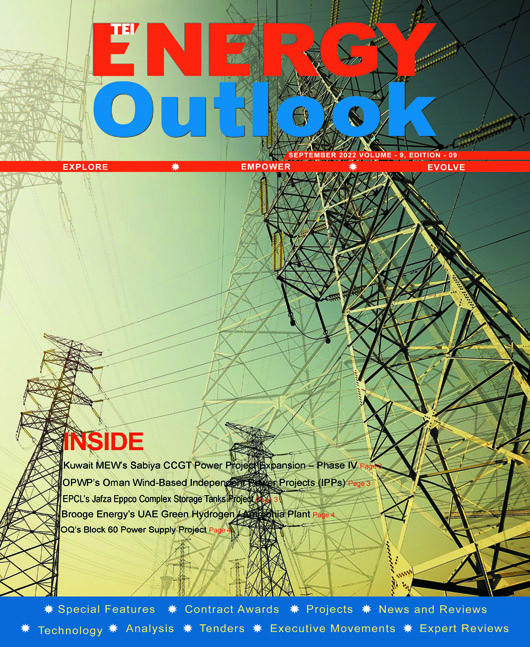
GCC’s Pan-Arab Grid Expansion
The GCC’s significant success in electricity interconnectivity for the six-member bloc has offered many benefits while providing a sustainable alternative within the energy sector.
Since 2012, all GCC members have been connected by cross-border power lines. The GCC Interconnection Authority interlinking all the Gulf states’ power systems, has enabled increased efficiency and energy savings, which in the next 25 years is said to be whopping $30+ billion as the power grid will reduce investment costs in building power plants by reducing operational reserves, reduce operation and maintenance costs as well as enable energy trading and avoid supply contingencies.
Over the years, the GCC power grid remit has grown to include facilitation of electricity exchanges not only between the GCC countries but the wider Middle East and North Africa (MENA) region thus making it a major exporter of power.
The work is in progress to expand the GCC electricity interconnection to Egypt, Jordan and Iraq.
While the proposed Jordan-Saudi Arabia interconnection has a transmission capacity of 500 MW, with future phases planned to increase the capacity to 1,000 MW, the Egypt-Saudi Arabia interconnection will have a capacity to transmit 3,000 MW of electricity. Both are expected to be fully operational by 2026.
With the completion of the Egypt-Saudi Arabia interconnection and the similar projects with the GCC, Egypt will be linked to approximately 98% of the Arab electricity system, allowing the establishment of an Arab electricity exchange and a unified market. Studies are also being conducted to strengthen and raise the existing electrical interconnection capacity with neighbouring countries like Libya, Jordan and Sudan.
In July, Iraq and Saudi Arabia, a regional leader in power production, signed an agreement to provide an electricity interconnection to Baghdad, with a capacity of 1,000 MW. Recently, the GCCIA has also agreed to link its network with the electricity grid of southern Iraq to supply it with approximately 500 MW of energy with a total transmission capacity of 1,800 MW. The project is estimated to require 2 years to complete.
Earlier, Iraq had signed agreements with Egypt and Jordan to add capacity to its power grid. Egypt agreed to supply 700 MW of electricity to Iraq by expanding its power interconnection with Jordan in a $2.2bn project. Separately, Jordan signed an agreement with Iraq for an electricity grid interconnection to begin supplies in early 2023.
The GCCIA’s long-term vision is to have a strong international grid system, widespread availability of electricity to communities and to support the development of a strong energy market alongwith the cost-effective integration of variable renewable generation.
Editor